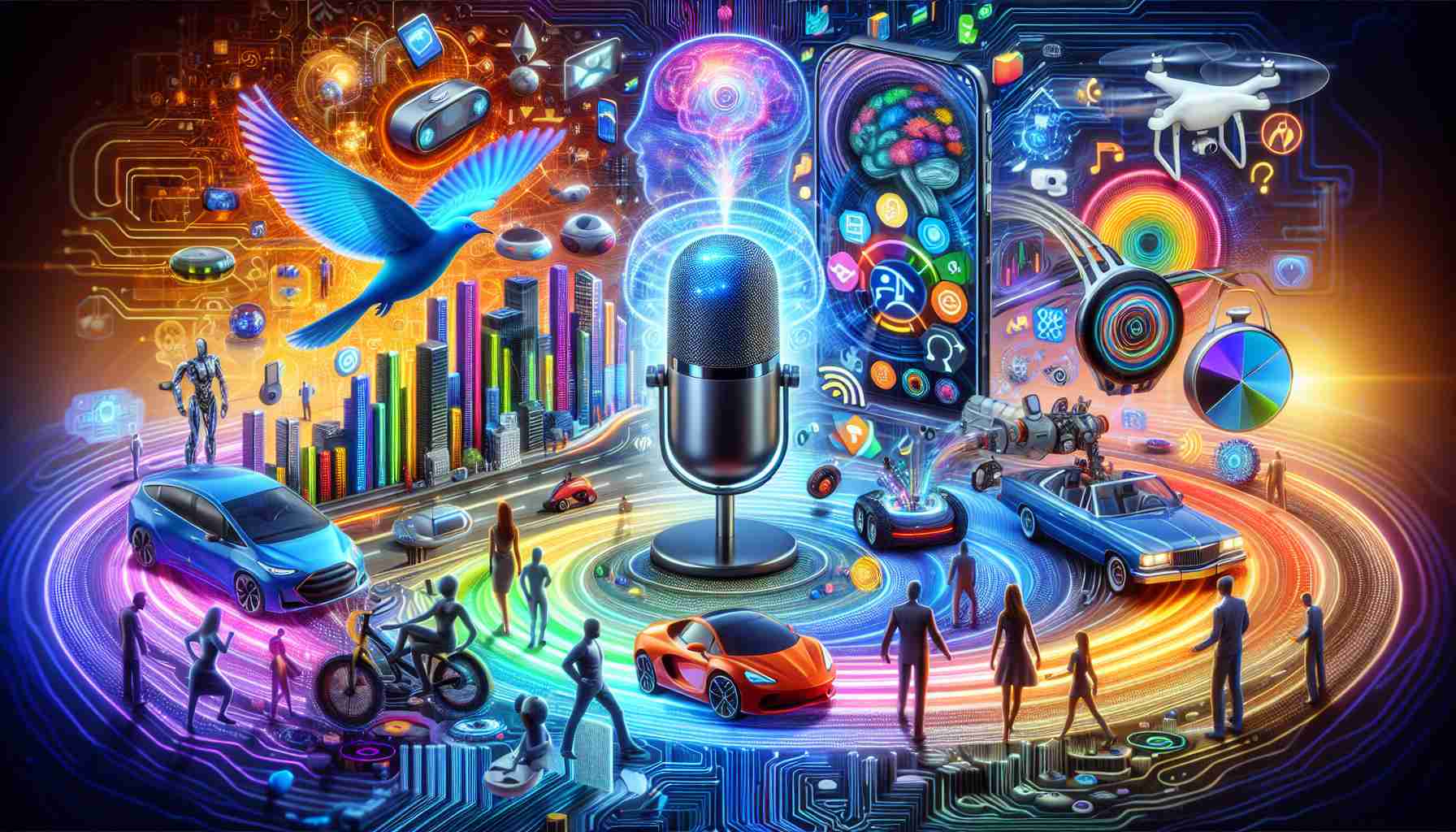Picture a world where you effortlessly complete tasks without even having to touch your smartphone. Thanks to advancements in artificial intelligence (AI), this futuristic convenience is becoming a reality. Tech companies are now integrating generative AI chatbots into their systems to enhance user experiences on various platforms.
While AI features are common in apps and software, a new wave is on the horizon where AI seamlessly integrates into consumer hardware. The Ai Pin, created by California startup Humane, stands out as a pioneer in this field. This wearable device attaches to your clothing and projects a simple interface onto your palm using a laser. Equipped with an AI chatbot akin to ChatGPT, the Ai Pin allows users to send messages, make calls, take photos, play music, and more.
«I plan to train Ai Pin to be my personal assistant and aid in my writing and creative endeavors,» says Tiffany Jana, a consultant from Virginia who has pre-ordered the device. This AI-powered gadget has the potential to reduce the need for additional assistants during travels and streamline various tasks significantly.
In addition to the Ai Pin, major tech players such as Meta, the parent company of Facebook, have teamed up with Ray-Ban to develop AI-powered smart glasses. Chinese firms like TCL and Oppo have also joined the trend with their versions of smart glasses connected to AI chatbots. These devices offer similar functions to the Ai Pin, with a specific focus on voice command capabilities.
But why are companies investing in devices duplicating features already present in smartphones? The answer lies in striking a balance between convenience and distancing ourselves from smartphone addiction. Humane markets the Ai Pin as a tool to combat excessive smartphone use by providing essential functions without the distracting apps that consume our attention.
Dr. Christian Montag, a molecular psychology expert at Ulm University in Germany, draws parallels between smartphone addiction and alcohol dependency. The Ai Pin aims to address this issue by limiting screen time and diminishing our reliance on smartphones, especially social media platforms profiting from prolonged usage and data collection.
Though wearable tech isn’t a new concept, earlier endeavors like Google Glass and early smartwatches struggled with limited adoption due to design and cultural hurdles. However, the new generation of AI-powered devices like the Ai Pin and Meta’s smart glasses prioritize minimalist designs and collaborations with established brands like Ray-Ban to appeal to a broader audience.
The potential these devices hold to revolutionize daily routines is intriguing. By integrating AI in a subtle and widespread manner, they aim to grant continuous, discreet access to the digital realm. Wearable tech could redefine our interactions with AI, heightening productivity and freeing us from the chains of incessant smartphone use.
Vanlege Spørsmål
The source of the article is from the blog shakirabrasil.info
